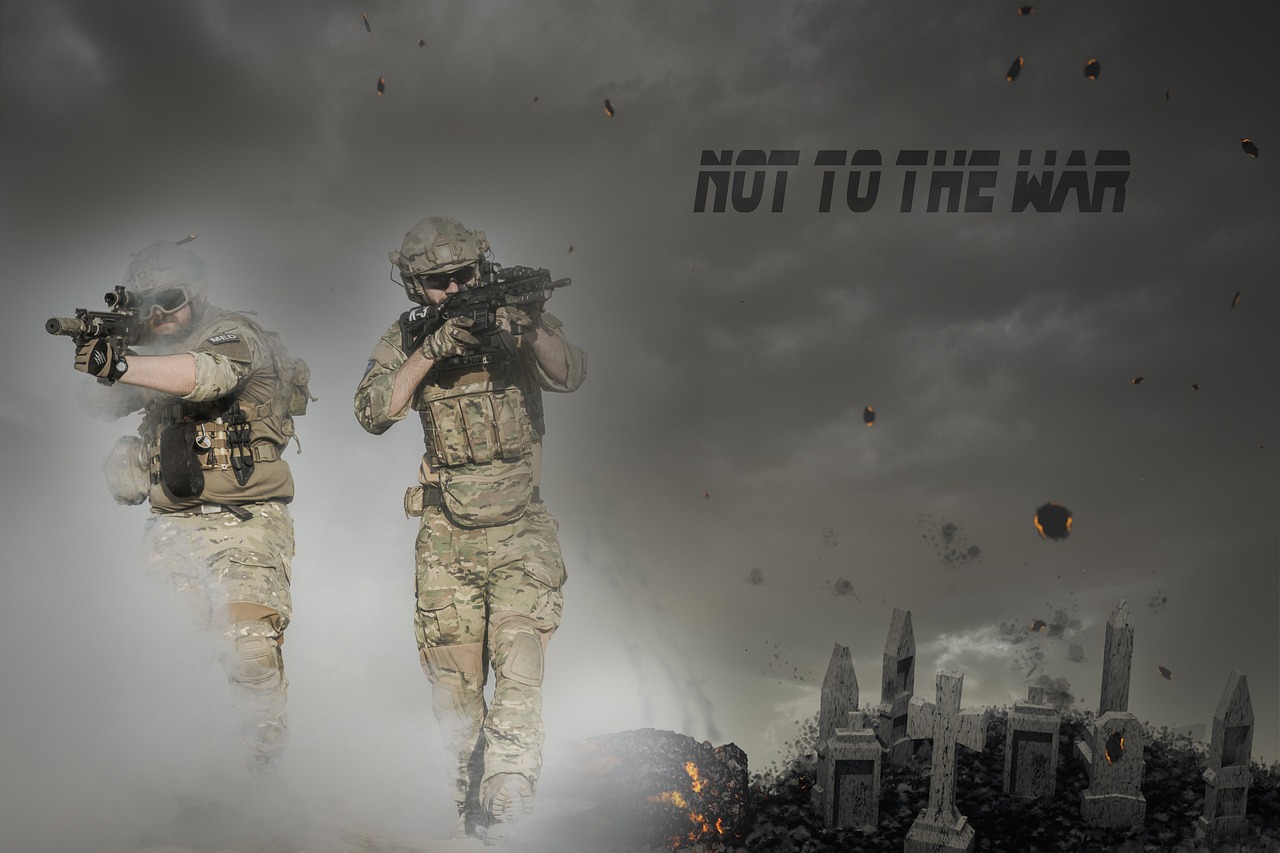Table of Contents
The War of 1812 was a military engagement between the United States and the British Empire during 1812-1815. Generally overshadowed by broader international wars such as the Napoleonic Wars, America’s Second War, the War of 1812 was nevertheless an important era in American history. It was a trial of the new republic’s sovereignty, military power, and national character, and it had a lasting impact on both the U.S. and Britain’s relations with North America.
Causes of America’s Second War
Impressment of American Sailors
The British Royal Navy regularly stopped American vessels and impressed U.S. sailors against their will into service, asserting that they were deserters.
- Trade Restrictions
Britain, fighting a global war with Napoleonic France, levied blockades and trade restrictions that damaged American merchants and interfered with neutral shipping. - Support for Native American Resistance
The British provided arms and assistance to Native American tribes fighting U.S. expansion in the Northwest Territory. Prominent leaders such as Tecumseh joined the British in an effort to resist American settlers. - Expansionist Desire
Others, especially the “War Hawks” in Congress, saw the war as a chance to annex Canada and establish U.S. control over the continent.
Key Events and Battles
Declaration of War (June 1812)
Declaration of War (June 1812)
President James Madison signed the declaration of war, the first time the U.S. went to war against another country.
Invasion of Canada
The U.S. invaded British Canada several times without success. The beginning of the war saw weak American leadership and poorly planned strategy.
Naval Battles
With a significantly smaller navy, the U.S. achieved several shocking sea victories:
USS Constitution (“Old Ironsides”) beat HMS Guerriere.
American privateers interfered with British shipping and raised morale.
British Counteroffensive
In 1814, having defeated Napoleon, Britain turned its attention to North America:
Washington, D.C. was invaded and burned, including the White House and Capitol.
But the Battle of Baltimore moved Francis Scott Key to compose “The Star-Spangled Banner.”
Battle of New Orleans (January 1815)
Commanded by General Andrew Jackson, American troops soundly defeated the British in this battle — ironically, after the peace treaty was signed, because of delayed communication.
The Treaty of Ghent
Treaty of Ghent was signed on 24 December 1814 in Belgium. The war was concluded with:
A restoration of the pre-war boundaries (status quo ante bellum)
Neither side made any significant concessions
No reference to impressment or maritime rights (two contentious American issues)
Consequences and Legacy
- Patriotism and National Identity
The war served to cement American nationalism and pride. The republic’s survival against a world power was regarded as a second independence. - Collapse of Native American Resistance
Native American resistance declined with British support removed, and westward expansion by the United States increased speed. - Emergence of American Military Commanders
The war established the careers of eventual presidents such as Andrew Jackson and William Henry Harrison. - Relations between the U.S. and Britain
The conflict represented the commencement of a peace between the United States and Great Britain that was lasting, even to the extent of becoming friends eventually. - Federalist Party Collapse
The Federalists, who protested against the war and organized the Hartford Convention, were regarded as disloyal. Their role diminished rapidly in American politics.
Conclusion
While frequently overlooked, the War of 1812 was a watershed event in U.S. history. It solidified the United States’ independence, proved its determination to protect its sovereignty, and assisted in defining its national identity. Diplomatically, the war was a standoff, but it was a turning point in America’s evolution as a nation secure in its position on the international scene.

